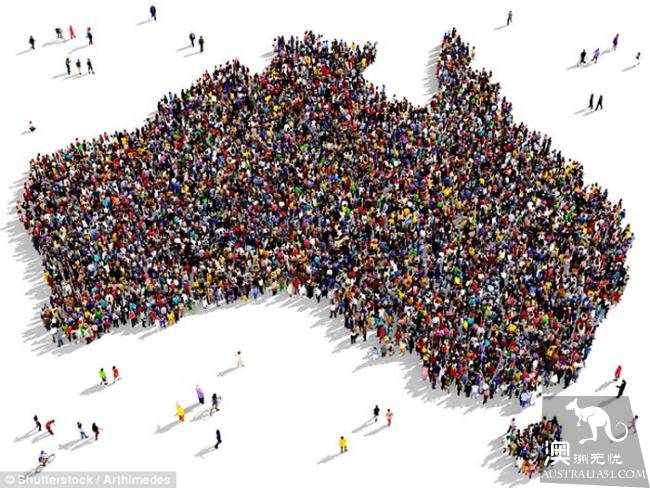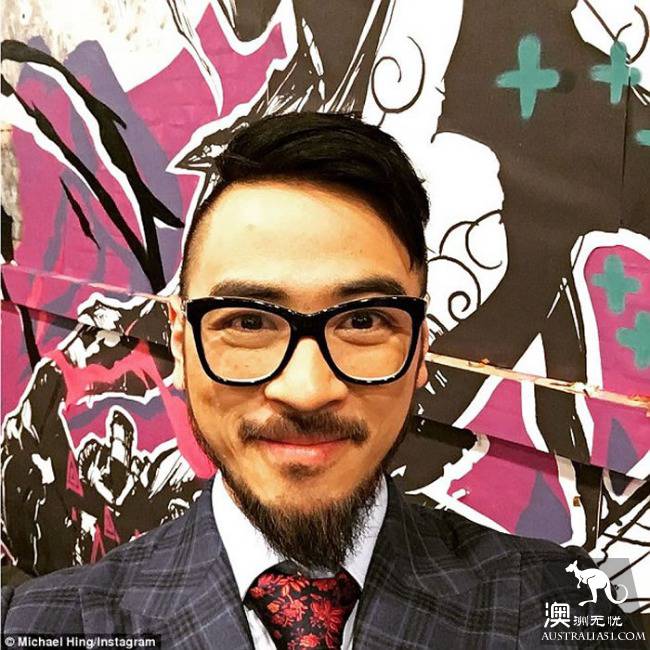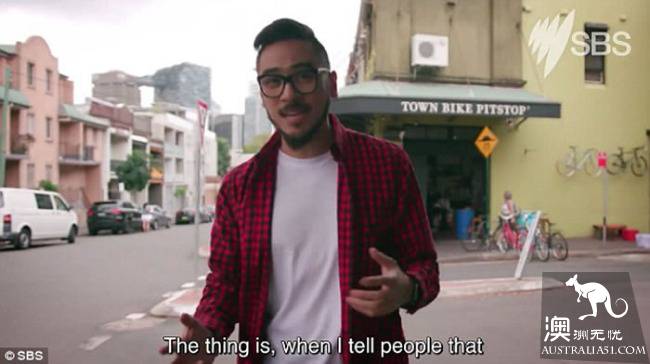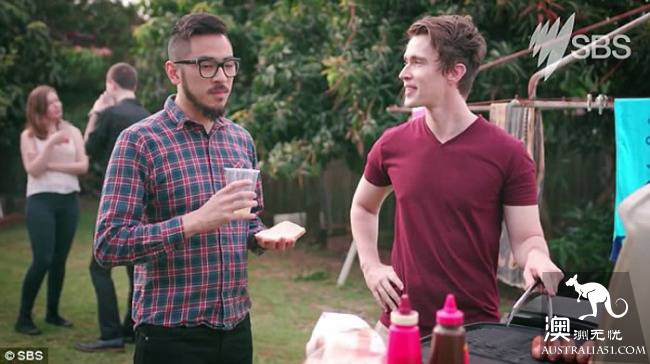Almost all Australians are asked this question: "where are you from?"
This is a common problem today. No matter how long your family has been in Australia, whether you were born here or not, if you don't look Australian, you're likely to be asked that question.
Of course, depending on who you are, the answer may be very different-but it can also be confusing.
Asked the Asian comedian Michael Hing, he was too familiar with the problem, and he even made a complete series of documentaries.
"Hello, I'm Michael Hing.. I grew up in Sydney, so I think this is my hometown. The problem is, when I say that to people, they're a little confused, "Hing said in his SBS series, which is called" where are you from? "

What is the most common question he's asked about? "Where are you from? Where are you born?"
Hing said that the "What do I think they want to ask is, where are you from? The question is, if someone like me live in Australia, it's a question you've always been asked about."
"it's strange because my family has been in Australia for more than 100 years."
The comedian took to the streets, asking people of different cultural backgrounds in the villages and towns how to answer the question.
“绝大多数情况下,他们回复的是他们居住在澳大利亚的某个城镇或地点。但接着人们又会问你到底从哪里来?”

This is a little confusing.
Some will respond from Australia, but their parents are from Malaysia, or "I was born here, but I am half Dutch."
The study found that questions can be explained in different ways, including the amount of information people think they want to provide, and why people think they will be asked the question first.
The findings are based on 642 young people from Kunzhou and Victoria.
According to the show, there are four important factors that affect young people's response: location, family relationships, appearance and time frame.
When it comes to geographical location, some people think the question is to answer a place and answer vaguely "from so-and-so Central". But if they are on vacation abroad, they will answer Australia.
Some even add Australian slang, such as shorting Rockhampton to "Rocky" to reinforce a sense of belonging.

Others will answer according to family relationships, such as "Australia, because I was born in Australia, and my parents are" or "The seven generations of our family come from Australia".
But for new Australians, the question becomes even more disturbing, with their own expressions of "where you come from," and then "but." Twist expression.
'it 's important to listen to these prepositions to help you understand how immigrants position themselves as Australians, 'said Donna Starks, an associate professor of language education at La Trobe University.
Appearance is another key factor. Research shows that some people do not focus on words, but that they think the reason they are asked the question is that they look or speak differently.
Some people will answer, "From Australia, but my father is Hong Kong people, so the skin and hair color are different.".
This may be why many white Australians are not often asked this question.
Professor Starks said one young Australian replied, "I'm from Australia because I was born here, and as a white man, I'm unlikely to be asked where my ancestors came from."

The last category that affects the answer to this question is the time frame.
For some, the answer is eternal (Australia!). For others, it's connected to memory, with past ingredients, ("Australia, because I was born and raised here").
Professor Starks wrote that concerns about the past could also lead New Australians to question their identities as Australians.
"perhaps, with regard to the spirit of tolerance among immigrants, children and ethnic minorities, we need to consider how to deal with the question of 'where are you from?' it should be reminiscent of the present: I am from Australia, because I live here. Not because I was born here. "